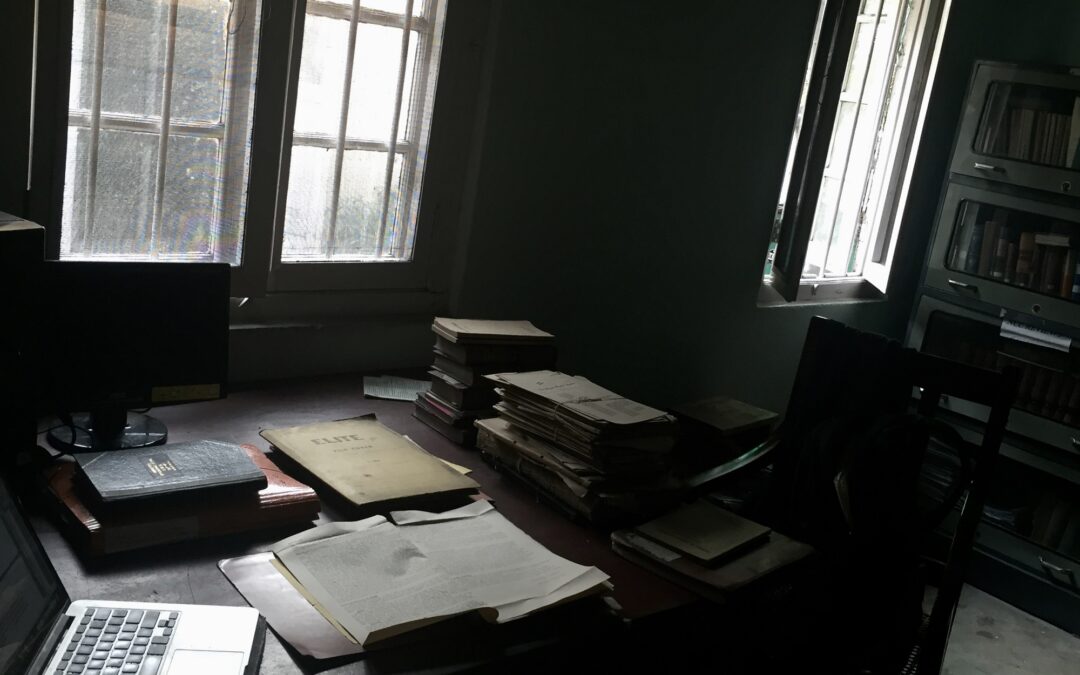Activist, social, political, and insurgent movements are non-state actors who lack a state archive. Their networked activities craft a non-state archive, made up of their personal papers, films, and oral histories as well as those of the entities who interacted with them. For the research I carried out for my forthcoming book, States-in-Waiting, which I revised as a Past & Present Fellow at the IHR, I traveled to 39 archives in eight countries on four continents. In in the aftermaths of the COVID-19 shutdowns and in an environment of diminishing research funding, particularly in the humanities and social sciences, such research is becoming less and less possible, if at all: some of the archives I used have since been burnt, suffered water damage, or limited access.
There are physical constraints involved in international research. In addition, scholars owe a significant debt to their interlocutors, especially when they share their personal collections. My interlocutors have handed me documents and books, asking me to find them homes where others may learn their histories. While working at Leiden University in the Netherlands, I partnered with the International Institute for Social History to clean, restore, and digitize films related to the funeral of Angami Zapu Phizo, a leader of the Naga (from Nagaland at the junction of China, India, and Myanmar) nationalist movement. At my current institution, The Ohio State University, I was able to commission the transcriptions of the films in Naga languages and in English. This venture inspired me to create the Non-State Archive at Ohio State’s Mershon Center for International Security Studies, with support from the Provost’s Early Career Scholar program.
As the lone historian traveling across the world to dozens of collections becomes less logistically or financially feasible, historians are sharing their sources informally, person-to-person. Yet we are generally not institutionally supported to organize our own research materials so that they may be more easily sharable and to deal with issues of rights management. A Non-State Archive supports researchers and practitioners—financially and logistically—to organize their own collections and make a digital copy of them accessible to others. Our upcoming grant deadline is 28 February 2024. While digitized, the Non-State Archive is available onsite in Columbus, Ohio rather than online, allowing those who deposit a digital copy of their materials more autonomy over their dissemination. While an archive holds the materials of the past, it works towards building a future of increased knowledge from the ground up, from sources, to scholarship, to intellectual community building.
Lydia Walker is Assistant Professor and Seth Andre Myers Chair in Global Military History at The Ohio State University. She is also director of the Non-State Archive at Ohio State’s Mershon Center for International Security Studies.

